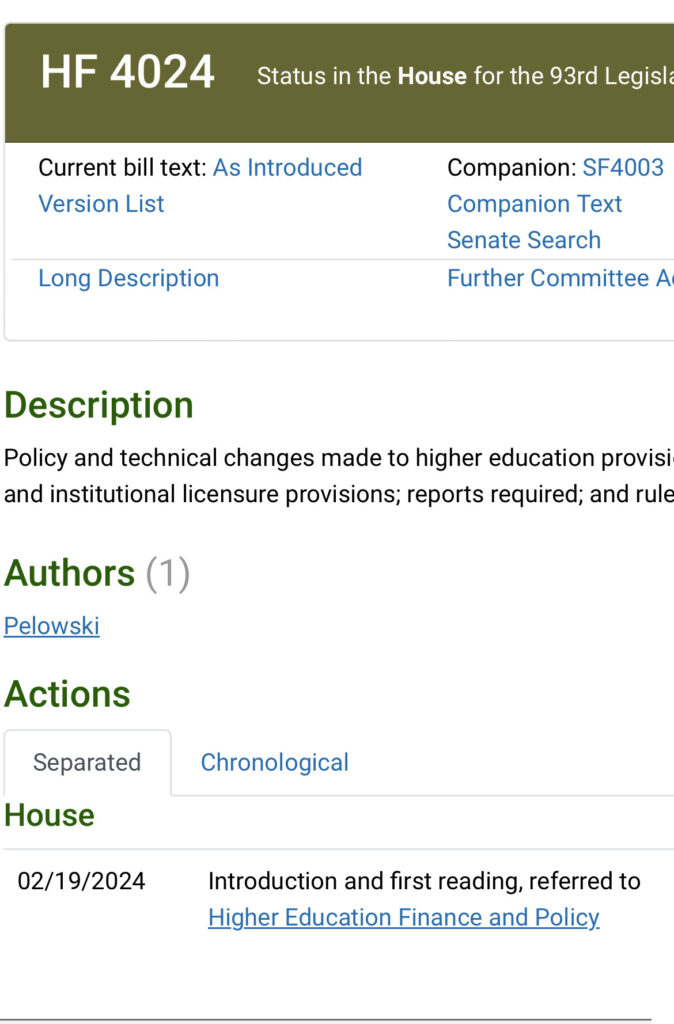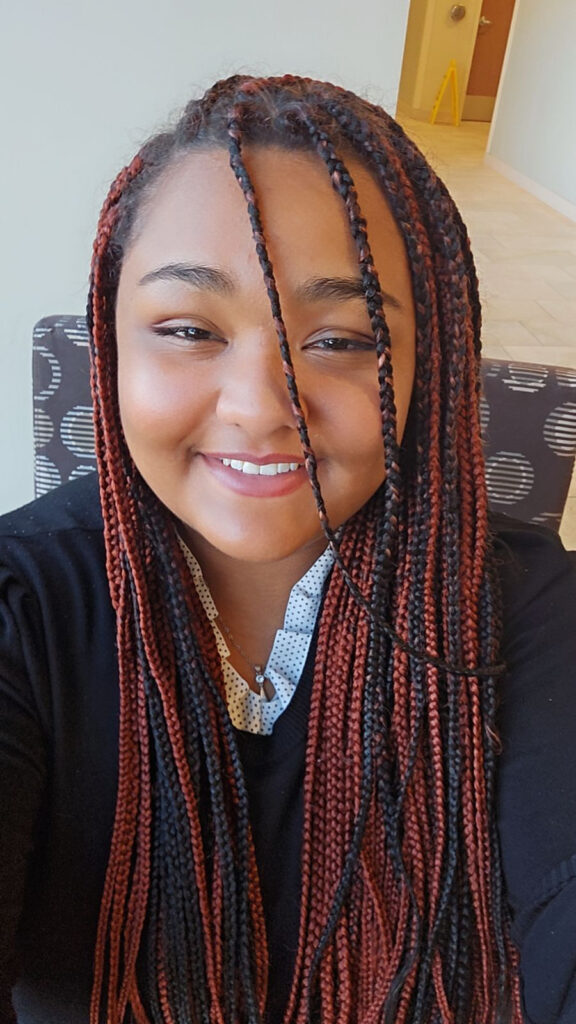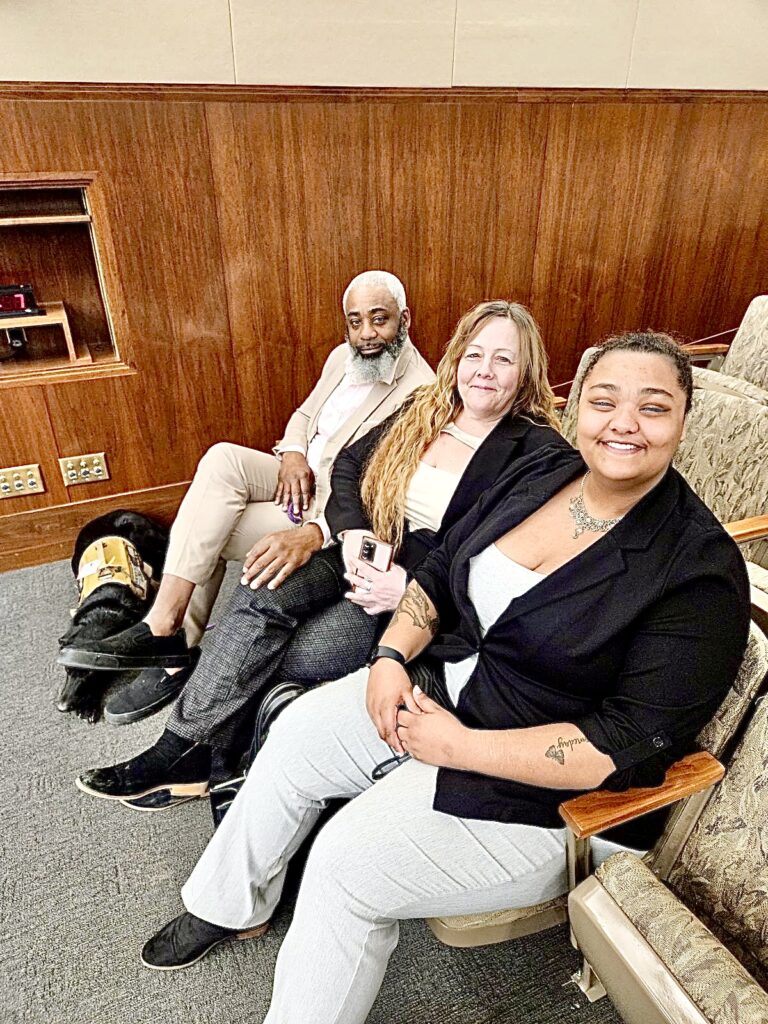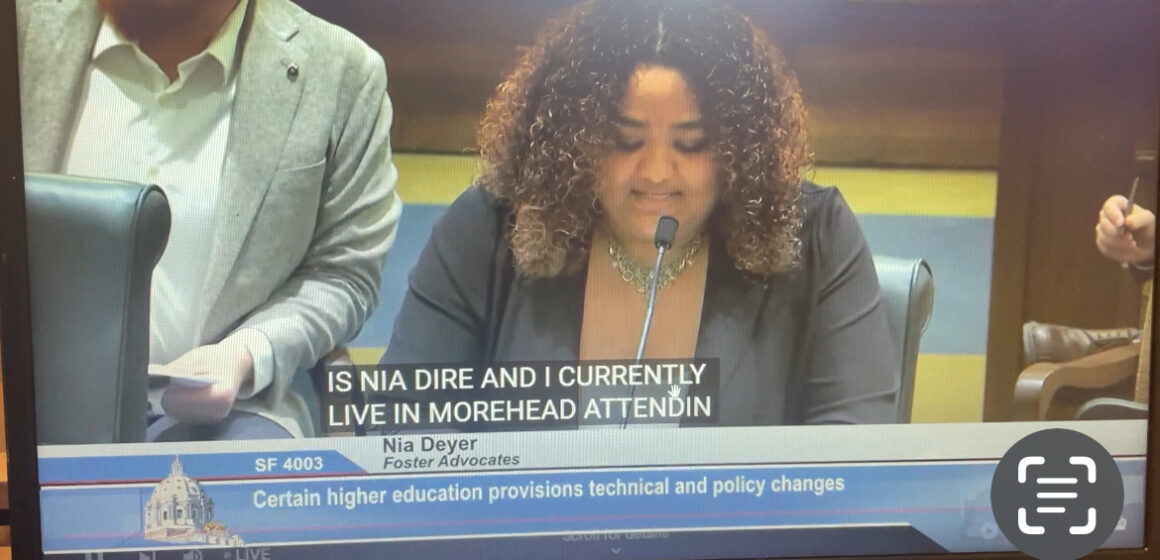To call yourself a citizen means to be active in the community of care and not just look after yourself, but for others. We have in this country Legislators, Governors of states like Minnesota, Georgia, Texas, and Utah that is not caring for their people and there are many others too.

“inCity Magazine celebrates the kaleidoscope of perspectives in each article. The views expressed herein are the unique brushstrokes of our guest writers, painting the canvas of their thoughts. These ideas, like stars in a constellation, shine independently and do not necessarily align with the orbit of inCity Magazine or its advertisers. This is to explores…
The house bills that go unread by you or unexamined have significant implications for the lives, education, and housing of individuals within society. Ignoring these bills can result in the loss of lives, hindered educational opportunities, and exacerbate housing crises. It is essential for individuals, policymakers, and communities to prioritize engagement with legislative processes, advocate for transparency and accountability, and work towards creating policies that promote the well-being and prosperity of all members of society. Only by understanding and addressing the impact of house bills can we build a more equitable, just, and sustainable future for everyone.

We can be better by doing for all not some!
I am so very proud of my daughter Nia Dyer for fighting for the injustices in education. My daughter is part of Foster Advocates, Ombuds Office for Foster Youth. So many marginalized people are killed and overlook by you and government.
Education is often considered the cornerstone of a successful future, providing individuals with the tools and opportunities needed to thrive in society. However, for foster children like Nia Dyer, educational injustices and inequalities present significant challenges that hinder their academic progress and limit their potential. Nia Dyer’s passionate advocacy sheds light on the systemic issues that perpetuate these disparities, including the lack of state funding and intervention that widens the gap between educational access and economic equality.
Educational Injustices for Foster Children:
Foster children face unique obstacles that impact their educational outcomes, including frequent school transfers, instability in living situations, and trauma resulting from abuse or neglect. These challenges can disrupt their academic progress and hinder their ability to reach their full potential. As Nia Dyer eloquently articulates, the lack of adequate support and resources exacerbates these issues, perpetuating a cycle of educational injustice for foster children.
Educational Inequalities and the Economic Gap:
The disparities in educational opportunities for foster children not only affect their academic success but also contribute to widening economic inequalities. Without access to quality education and support services, foster children are at a significant disadvantage in terms of future employment prospects and economic mobility. The lack of state funding and intervention further compounds these inequalities, creating a systemic barrier to economic equality for vulnerable youth.
Bridging the Gap:
Addressing educational injustices for foster children requires a multi-faceted approach that prioritizes equitable access to resources, support services, and trauma-informed care. State governments must allocate sufficient funding to support the unique needs of foster children in the education system, including mental health services, academic support, and stability in school placements. Interventions such as mentorship programs, tutoring services, and advocacy initiatives can also play a crucial role in bridging the gap between educational access and economic equality for foster children.
Conclusion:
Nia Dyer’s advocacy for educational justice for foster children serves as a powerful call to action to address the systemic issues that perpetuate educational inequalities and widen the economic gap. By amplifying the voices of those most impacted by these disparities and advocating for meaningful change at the policy level, we can create a more equitable and inclusive education system that empowers all children to reach their full potential. Together, we can bridge the gap in education and economic equality for foster children and ensure a brighter future for generations to come. These challenges can disrupt their academic progress and hinder their ability to reach their full potential. As Nia Dyer eloquently articulates, the lack of adequate support and resources exacerbates these issues, perpetuating a cycle of educational injustice for foster children.
Written by: Dr. Paul W Dyer
Emotional Scientist
Grandmaster of Martial Science



